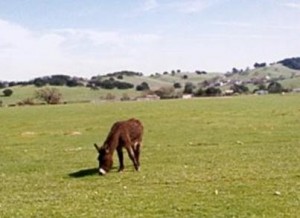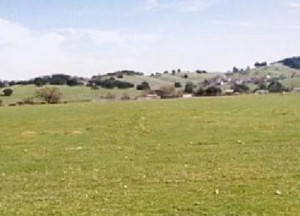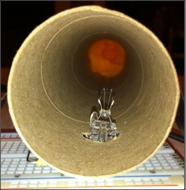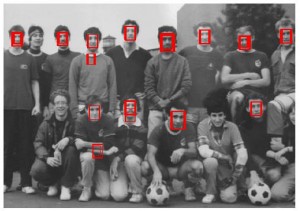Hello Readers!
Yesterday I went to a Graduate Pathways to Success (GPS) workshop called Management Essentials for Leadership. The GPS is a program administered through the Faculty of Graduate Studies that holds lots of events throughout the year that are designed to help graduate students gain skills in a variety of different areas. All of their workshops are free, and often include *exciting* free breakfasts/lunches. You can see a list of all the upcoming events at: http://www.grad.ubc.ca/current-students/gps-graduate-pathways-success/gps-workshops-events.
Overall I thought that workshop was pretty good. There were a mix of students there from very diverse backgrounds, so it was fun to talk to people doing such different things. In some ways, however, I think that actual learning may have been easier and more productive with groups that maybe had more similar backgrounds (though it would have been socially less interesting). For example, quite a bit of time was spend on “SMART” goal setting and basic project planning which I have heard before many times.
There were a few things though that I thought were really good, or at least new to me. The biggest was the “Four Levels of Listening” idea. When you’re used to being in a school/technical environment, I think it can get easy to jump into thinking of solutions to things people are talking about instead first really listening to the problem and making sure you understand it. This concept is obviously not new, but the workshop offered some techniques to HELP you listen before you jump in to save the day. It divided listening into 4 levels.
LEVEL 0 – the “least useful” type of listening where you immediately go to reassurance, denial, or advice giving.
LEVEL 1 – “fact finding.” In this step you ask the speaker for more information about the problem, and keep asking questions
LEVEL 2 – “paraphrase” Here you restate what the speaker has said to make sure you understand what they’re saying, and that they know you know what they’re saying
LEVEL 3 – “reflect and interpret implications” where you begin to emotionally identify with the speaker and understand where they’re coming from.
So to use these steps as a leader, this is what you’re supposed to do. You’re supposed to avoid level 0 altogether unless the speaker doesn’t have the skills to solve the problem they’re bringing to you. This seemed strange to me, but the facilitator made a good point of “why would you waste your time helping someone solve a problem they know how to fix on their own?” Its kind of a new way of looking at conversations in that you aren’t always supposed to be there to solve things, your there to help them get solved. I don’t know, I thought it was cool and was quite the moment for me.
So, assuming the person is able to solve the problem on their own, and only need help arriving at how to do it, you’re supposed to go through Levels 1 – 3. He did a few examples with different workshop participants, and I can see how it could work. I really like how what you say doesn’t influence the person, but still helps them out.
The workshop ran all day from 9am to 4pm, so it was a fairly big time commitment, but overall I was happy with what I got out of it. You should check some of them out!
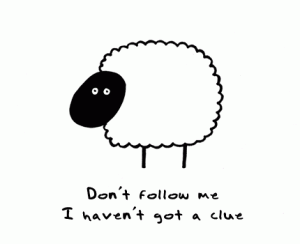
 Follow
Follow
